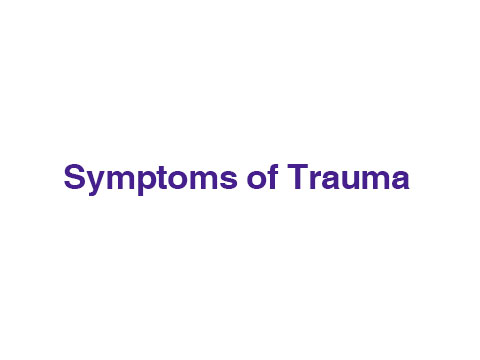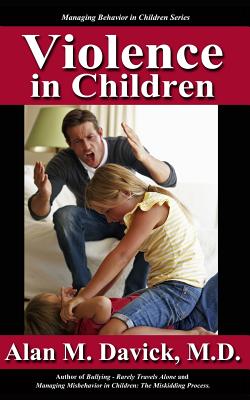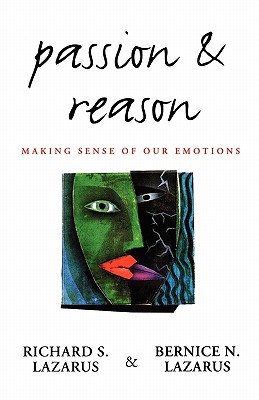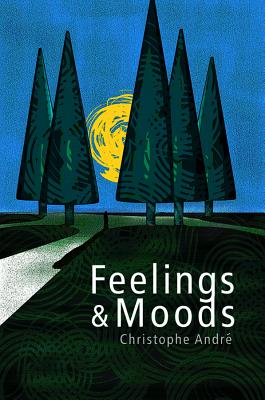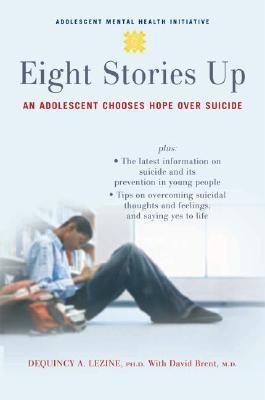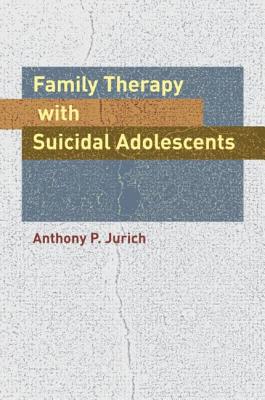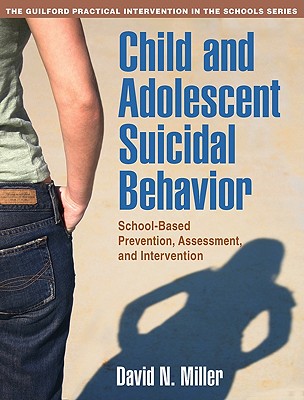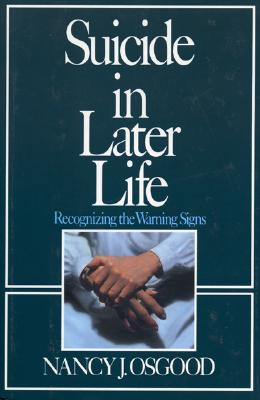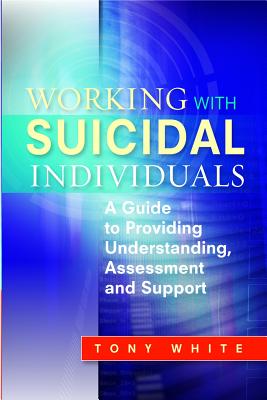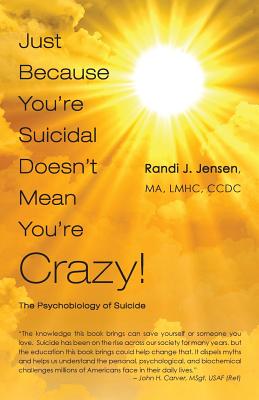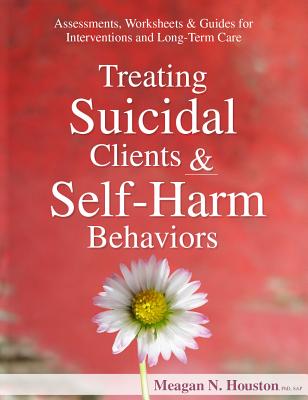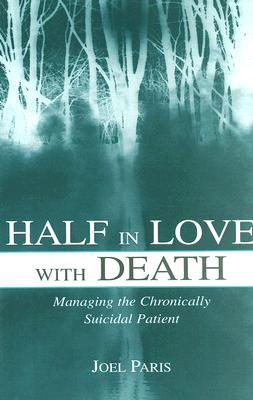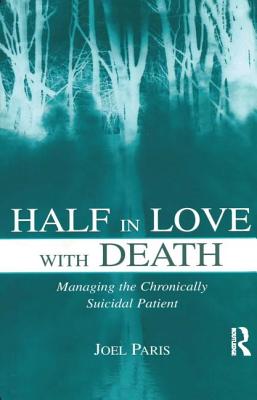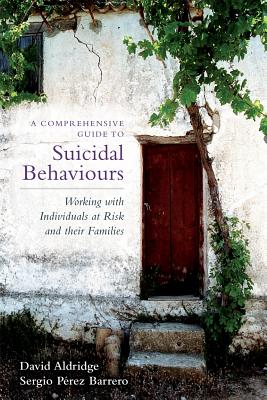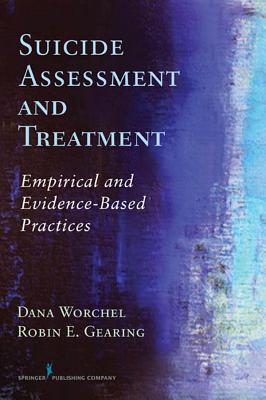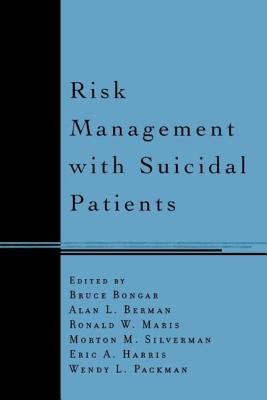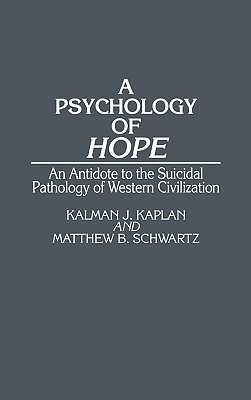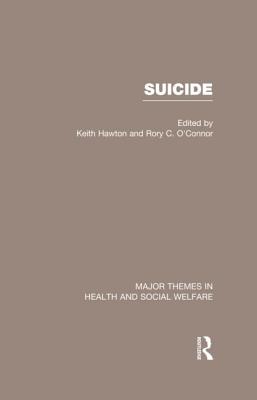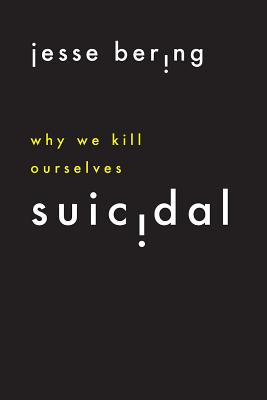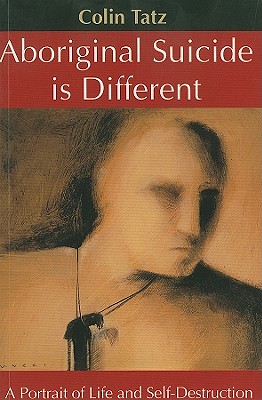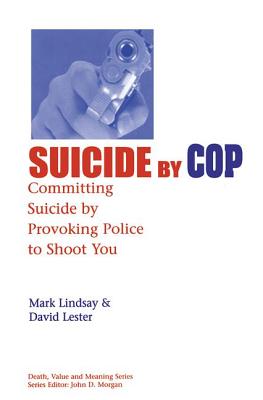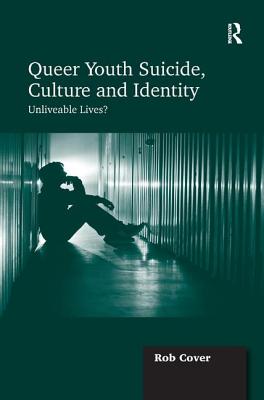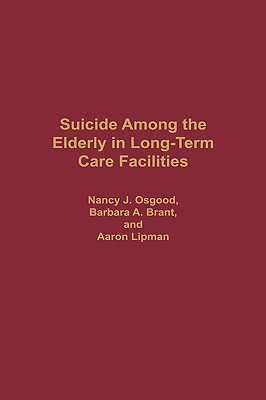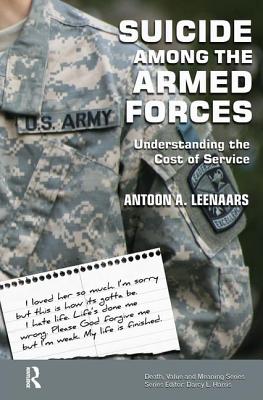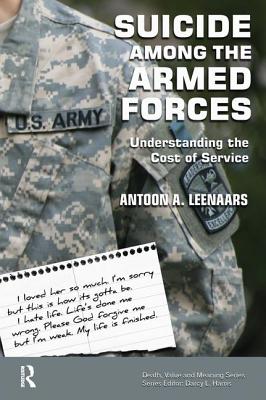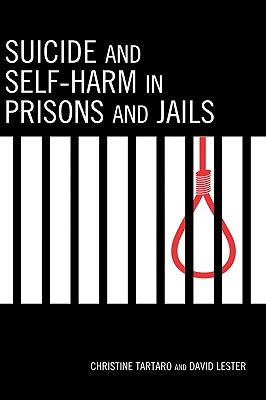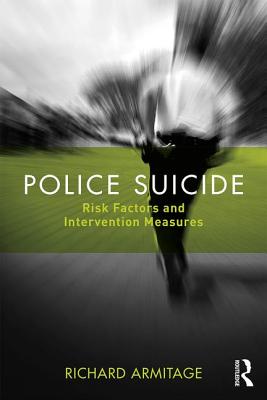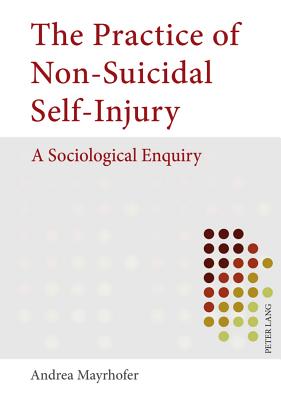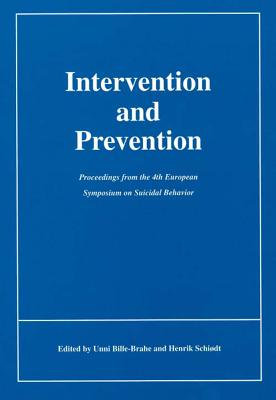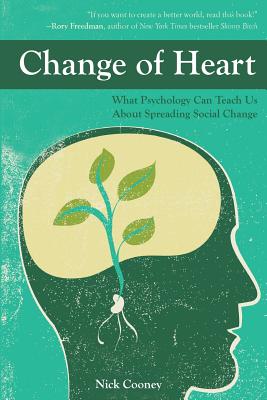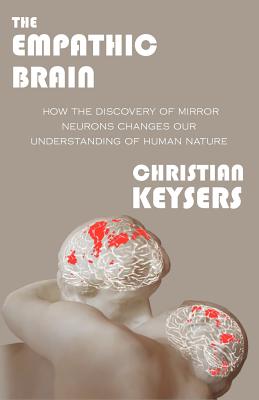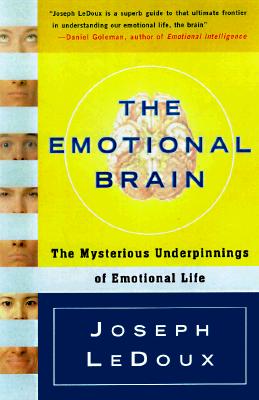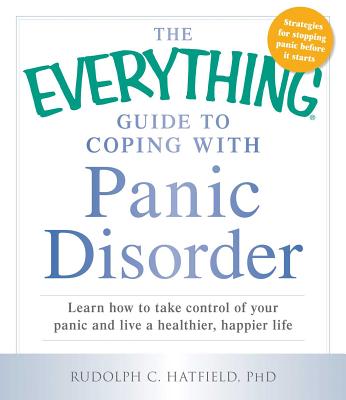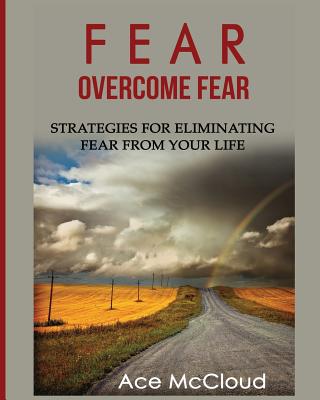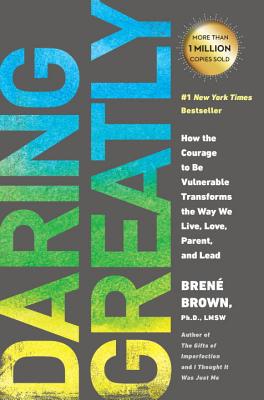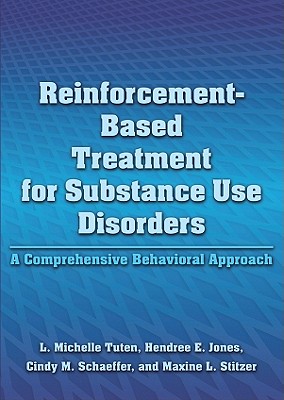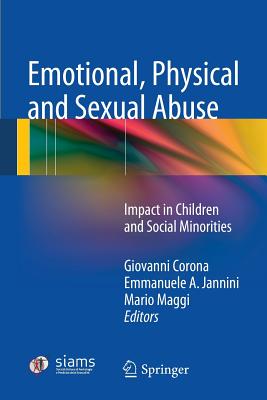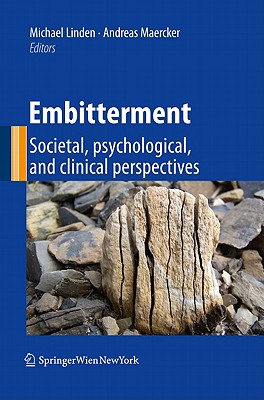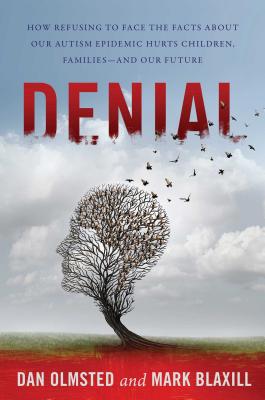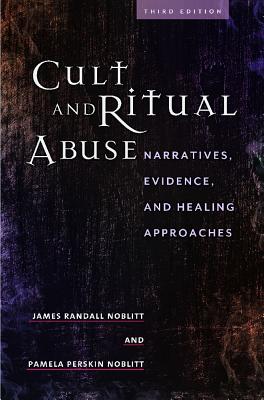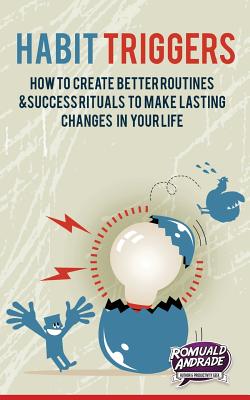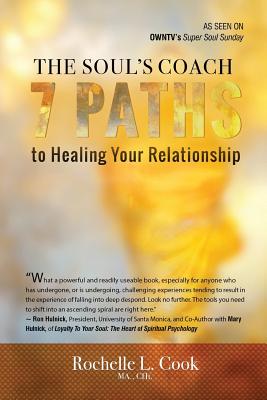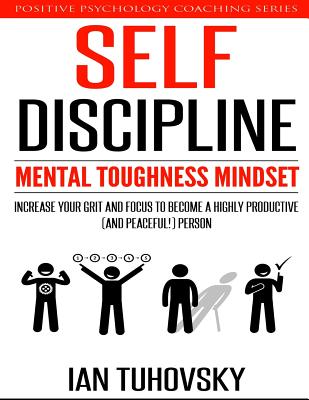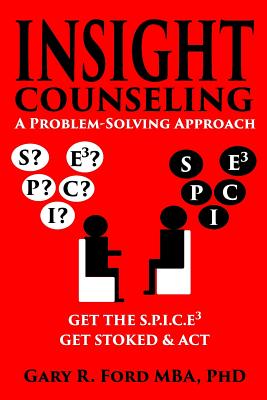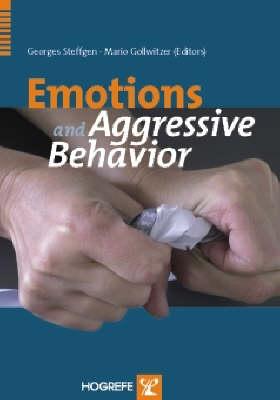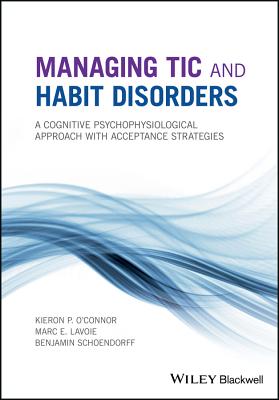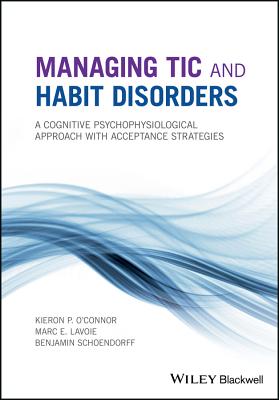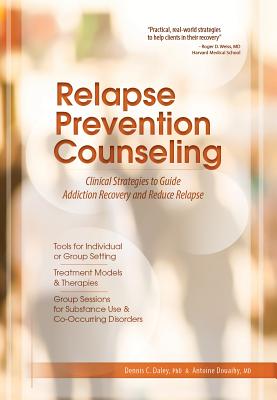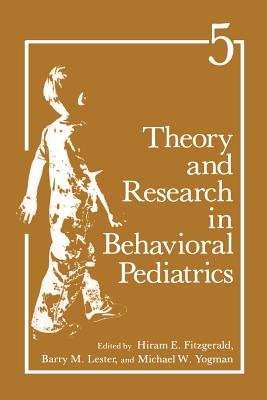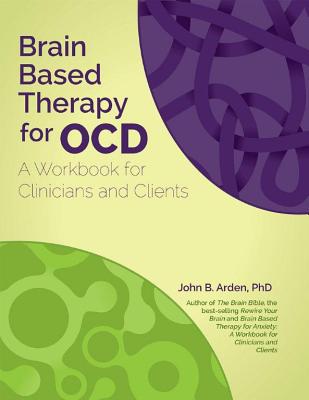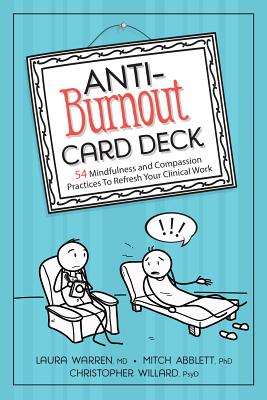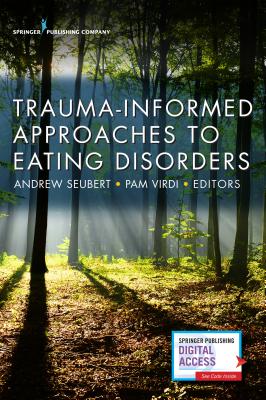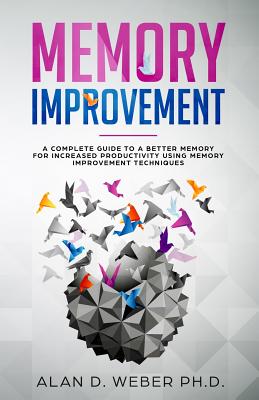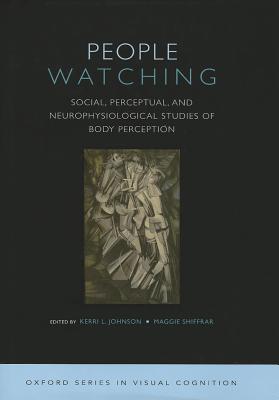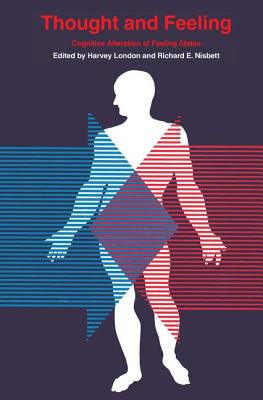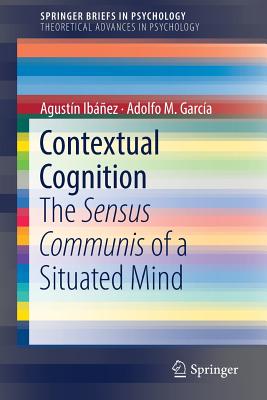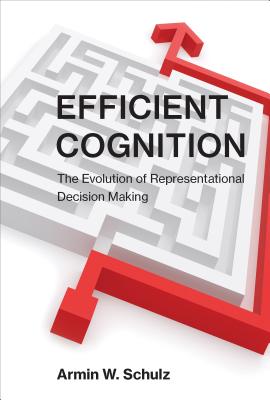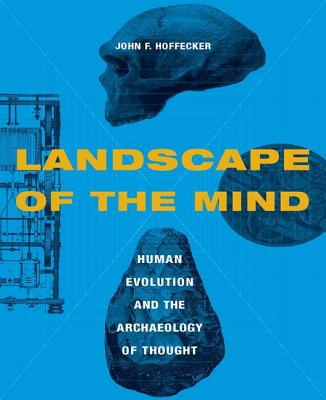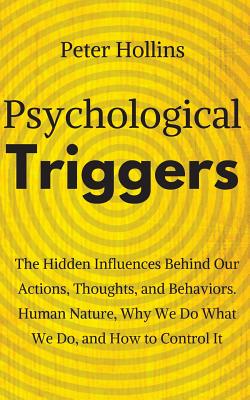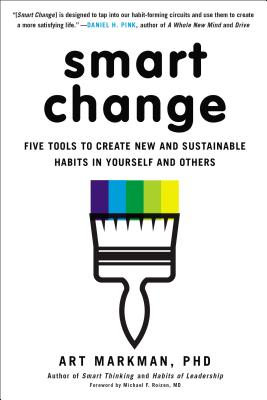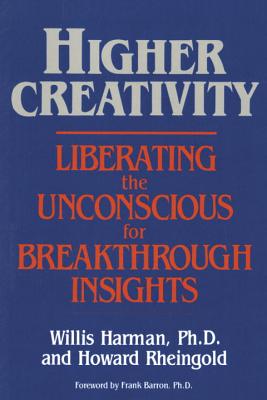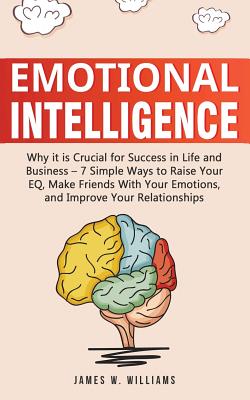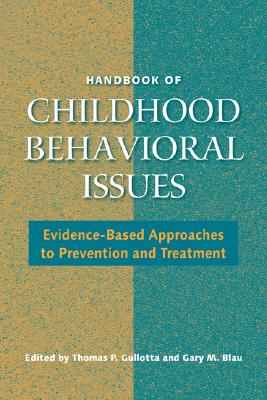| Description Experts Expert Contributions Featured Books for Sale |
Videos Articles Research Organizations |
In the News Additional Resources Coming Later Contributors |
Description
Dr. Peter Levine, one of the world’s foremost experts in trauma and founder of the Somatic Experiencing Trauma Institute,1 focuses not on the story of “what happened” but on the physical and mental symptoms that follow. As Dr. Levine emphasizes, trauma is “the debilitating symptoms that many people experience in the aftermath of a perceived life-threatening or overwhelming situation.”2 What happened doesn’t matter: the symptoms of trauma, such as acute fear of danger, fear of going outside or people, flashbacks and nightmares, panic attacks, and inability to connect with other people, are what needs to be addressed in any sort of treatment.
These symptoms read like a list of triggers to drink or use, leading to the chicken and egg nature of trauma and substance problems.
Trauma is resistant to treatment because it changes the brain. According to Bessel Van der Kolk, MD, trauma changes the brain at levels below the cognitive level, where thinking occurs. First, at the level of perception, trauma causes people to see threats where others see manageable situations.3 Second, the brain’s “filtering system” goes haywire, making it difficult for people to distinguish between what matters now and what does not.3 It becomes difficult to “engage with ordinary situations.”3 Third, your sense of yourself, including your ability to feel pleasure or connection to others, becomes dampened.3 This is a defense mechanism to survive a terrifying situation, but it Post Traumatic Stress Disorder it lingers on.3 Dr. van der Kolk points out that many people use drugs to deal with this loss of self. Since these reactions happen at a deeper level of the brain than the cognitive, thinking part, you can’t just “think” your way out of it.
Many of us have been frustrated by concerned people, including therapists, suggesting we just “make a decision” not to feel the way we feel. If it were that easy, we would have done that already! That’s why sometimes even the most evidence-based approaches like Cognitive Behavioral Therapy (the basis of SMART Recovery, an international non-12 Step group whose facilitators are trained and certified) can fall flat when a traumatized person is not able to turn off the terror response long enough to access the cognitive part of the brain. [i]
…
Many people experience strong physical or emotional reactions immediately following the experience of a traumatic event. Most people will notice that their feelings dissipate over the course of a few days or weeks. However, for some individuals, the symptoms of psychological trauma may be increasingly severe and last longer. This may be the result of the nature of the traumatic event, availability of emotional support, past and present life stressors, personality types, and available coping mechanisms. [ii]
Sources:
[i] https://www.rehabs.com/pro-talk-articles/trauma-and-recovery-not-what-you-think/
[ii] https://www.cascadebh.com/behavioral/trauma/signs-symptoms-effects/

Experts

Featured Books:

Videos:

Articles:

Research:

Organizations:

In the News:

Additional Resources:
Contributors:Professionals:
Compiled By:
|
![]() Expert
Expert
![]() Professional
Professional
![]() Outreach Leader
Outreach Leader
![]() Moderator
Moderator
![]() Contributor
Contributor


